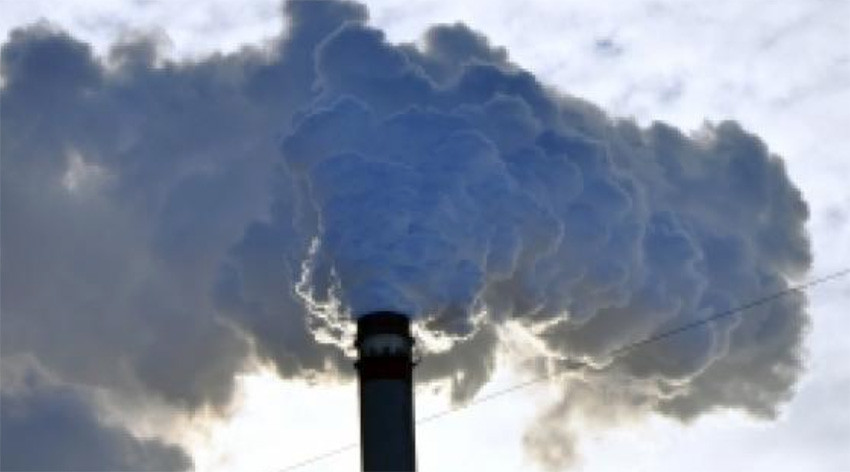The new political season has barely dawned yet various protest actions are taking place every day in front of the parliament building. Today, 19 September, miners and energy workers are blocking the centre of Sofia. The protest is organized by the two largest trade unions in Bulgaria - CITUB and Podkrepa Trade Union. Members of Podkrepa number over 500 thousand workers, including coal miners in the country. This protest is triggered by the state's consideration to close some of the existing blocks in the mining industry in a bid to avoid losing funding under the so-called Green Deal to decarbonise the economy.
However, decisions to close mines should not be taken by politicians alone and with only the present situation in mind. The experts whose opinion is that coal mining should be preserved as an alternative to newer energy sources should also be listened to. Energy workers and miners, who have long lined up to protest in defence of Bulgaria's energy sector, say that the country's energy stability and independence is even more strategically important now, against a backdrop of military conflicts in the region and adverse climate change.
"But our rally is not about demands for social employment, alternative jobs for miners or their benefits. We are demanding the preservation of our country's energy sector. For years we have seen how the energy sector has been neglected by politicians," says Alexander Zagorov of the Podkrepa trade union:

"Pseudo-decisions are being taken, there is no clear perspective on what path the country will follow in energy, social, economic and environmental terms.
We in the industry see that there is an opportunity to develop Bulgaria's electricity sector along with coal mining and coal-fired power plants. However, the government imposes on us restrictions on the grounds that the state is losing EU funds. The truth is that, to date, no one has calculated the real losses that the state would suffer, even within the framework of the social security system alone. Because if miners and energy workers are laid off, this will lead to a lack of funds in the healthcare budget, to a reduction in revenue in the pension funds, etc. Rumours are circulating about 12-13 thousand people being made redundant. This will be a shock to the social system.“
Our interlocutor explains that because there are so many issues which have piled-up in the energy sector, the protesters today want a detailed government strategy that is tied to the current Energy Act. They say that so far there are many strategic documents, but they fail to provide a development perspective.

"We insist on securing the "cold reserve" - noted Alexander Zagorov in an interview with Radio Bulgaria. - The sun and wind seem to be easy sources for obtaining energy, but there can be no energy security because neither sunlight is always enough to make electricity, nor wind, nor hydroelectric power. That is why we also need to be able to rely on good old coal and nuclear power. There are a lot of accumulated problems and we will not solve them with one rally, it is clear that we will need a lot of diplomacy before, during and after the rally. But a protest march will accentuate these problems, will make the public pay attention to them. Let's hope we have an understanding with politicians, because there are many more important decisions to be made, such as the one on growing energy poverty, shrinking consumption and rising prices for end users."

The average price of apartments sold in Sofia in the third quarter of 2025 reached €2,310 per square metre , marking an annual increase of 25.5%, according to data from Bulgarian Properties. While new developments remain popular, limited supply and..
Natural gas prices in Bulgaria are set to fall by just over 4% in December , significantly higher than the previously forecast 1% drop, according to calculations by state-owned supplier Bulgargaz, reported BNR correspondent Yuliyana Kornazheva. This..
The Executive Board of the International Monetary Fund (IMF) has concluded the 2025 Article IV Consultation with Bulgaria. According to the IMF’s procedure for assessments and recommendations, domestic demand is driving a robust expansion of the..

+359 2 9336 661
